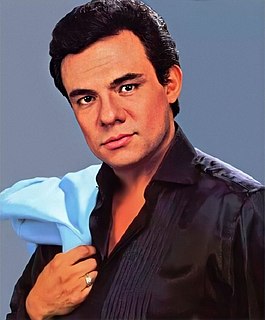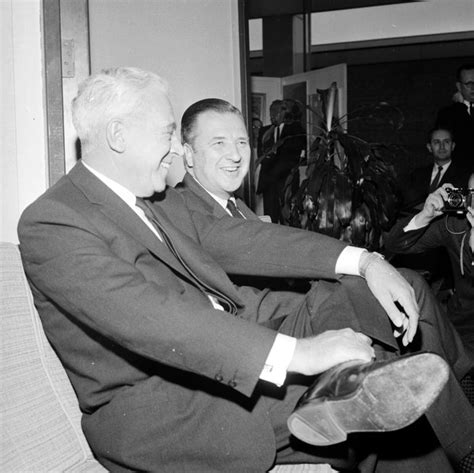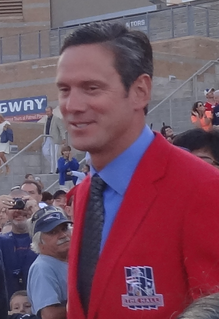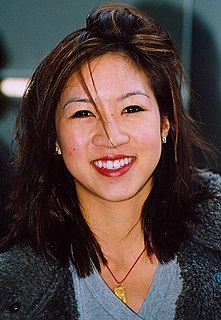A Quote by Kenneth C. Griffin
One of the great advantages that I had in my career is I started trading 24 hours a day in my early 20s, and I had to learn to delegate to people.
Related Quotes
For the first time in my life, in my mid-20s, I started to question things. Had I been deceived? I thought I had been destined for something great - to be Whitney Houston or Jennifer Holliday or Phylicia Rashad. I started to realize that a lot of people think that, and it doesn't happen for almost everyone.
There was a time in my late teens and early 20s where I was motivated by this wanting to get out, to prove to the world that I had something to offer - that kind of youthful spirit, where maybe I had my eye on fame and fortune. I mellowed out in my late 20s and now that I'm in my early 30s, I'm coming to peace with it.
When I started acting, I had a really strong discipline of knowing that you had to be on time, knowing that you had to work 12 to 16 hours a day, knowing you had to be prepared, knowing you had to be ready, and it's very interesting because if you're an artist and you're creating, you can work very, very long hours but as you're putting out that love of creation, it's almost like you're charged by it, you're charged by the process of it.



































